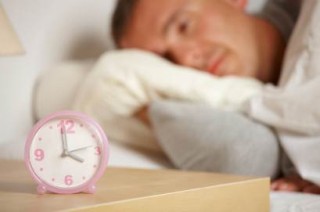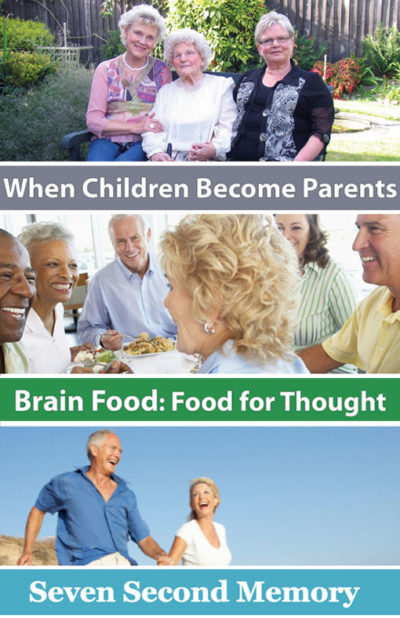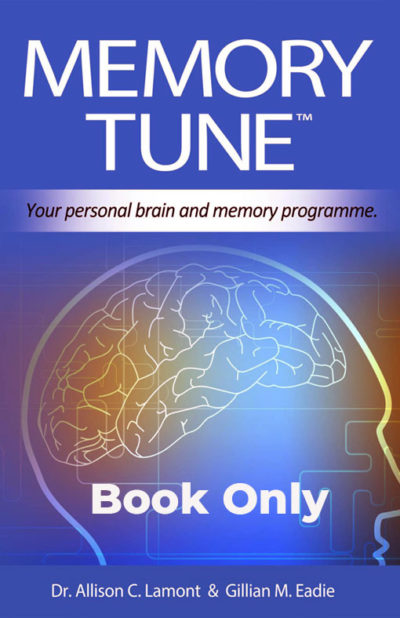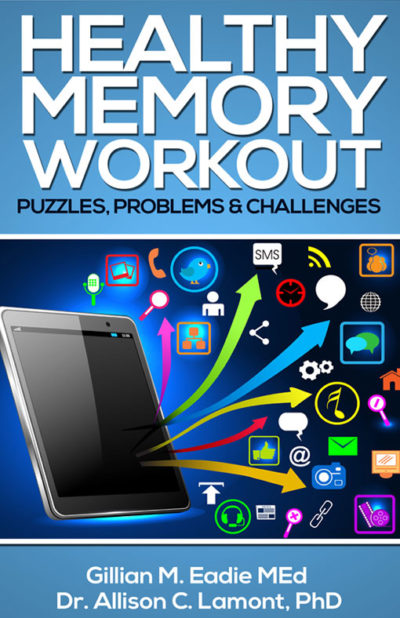If you don’t get enough sleep, these can happen:
- You won’t remember or think as well
- You may become gloomy and depressed
- Your ability to fight off infection may decrease
- You’ll get very tired
- You won’t have the same resistance to pain
So what can you do about poor sleep?
A good night’s sleep allows your body and mind to rest is often the best way to help you cope with stress, solve problems, or recover from illness.
What Happens During Sleep?
Your brain is very active during sleep and has two basic states: rapid eye movement (REM) sleep and non-rapid eye movement (NREM) sleep.
Your body cycles between non-REM and REM sleep, usually beginning non-REM sleep followed by a very short period of REM sleep. Dreams generally occur in the REM stage of sleep.
What Is Non-REM Sleep?
NREM sleep has four stages each lasting from 5 to 15 minutes. You need to go through these four stages before you get to REM sleep. Then the cycle starts again.
- Stage 1: The eyes are closed and you can be wakened easily but you may feel you haven’t slept at all. Stage 1 may last for five to 10 minutes. Some people notice the feeling of falling during this stage of sleep, which may cause a sudden muscle contraction (called hypnic myoclonia).
- Stage 2: This is a light sleep with positive and negative waves caused by the muscles flexing and relaxing. Your heart rate slows and your body temperature decreases as you get ready to enter deep sleep.
- Stages 3 and 4: These are deep sleep stages known as slow-wave, or delta, sleep. If aroused from sleep during these stages, a person may feel disoriented for a few minutes.
During the deep stages of NREM sleep, the body repairs and regenerates tissues, builds bone and muscle and appears to strengthen the immune system. As you get older, you sleep more lightly and get less deep sleep although studies show the amount of sleep needed doesn’t appear to diminish with age.
What Is REM Sleep?
Usually, REM sleep occurs around 90 minutes after the above stages and happens a number of times during the night, starting about 10 minutes and getting longer each time. The final REM sleep my last up to an hour. Brainwave patterns in REM resemble wakefulness. Heart rate and respiration speed up and the eyes move rapidly in different directions.
Intense dreaming occurs during REM sleep because of all this brain activity, but, strangely enough, your muscles become immobile. That’s why it is sometimes called paradoxical sleep.
Infants can spend up to 50% of their sleep in the REM stage of sleep, whereas adults spend only about 20% in REM.
How Much Sleep Do You Need?
This varies. Infants need about 16-18 hours of sleep per day, while teenagers need about 9 hours per day on average. Most adults need about 7-9 hours but this may increase if you have been deprived of sleep. People do not seem to adapt to getting less sleep than they need.
Will coffee help wake me up?
For a little while. Caffeine and other stimulants help overcome the effects of severe sleep deprivation, but can’t do so for extended periods of time.
The best solution is a GOOD night’s sleep!
Find out more: Tired of not sleeping? Sleep deprived? How can I help?




